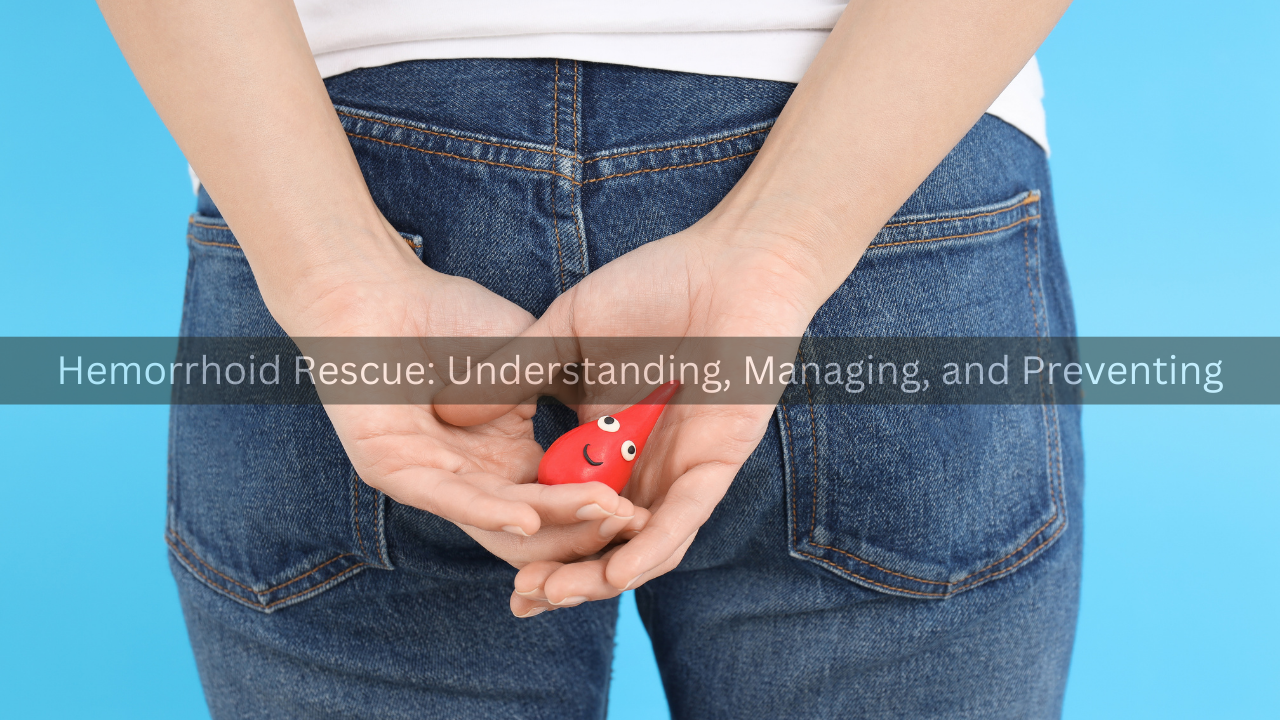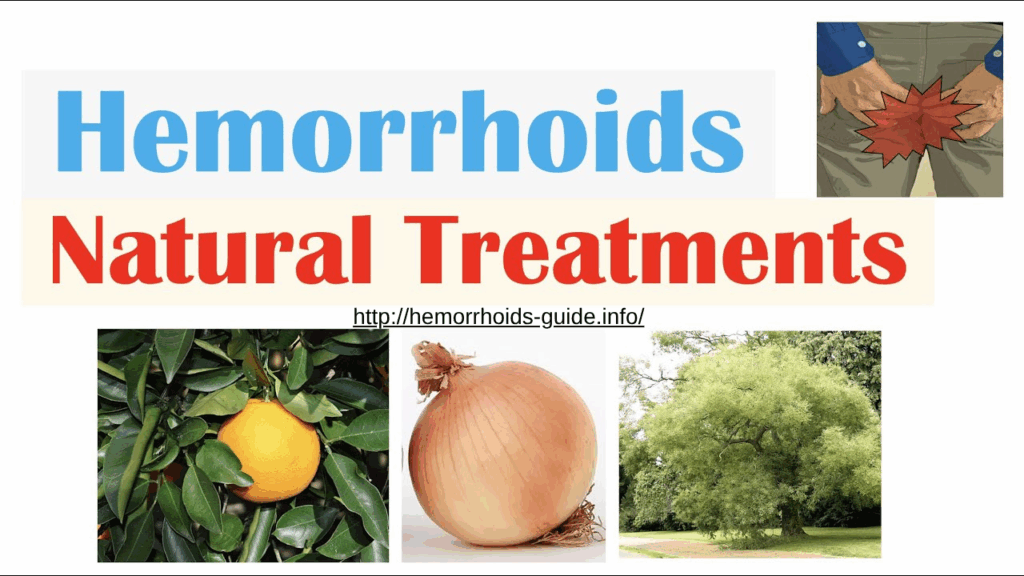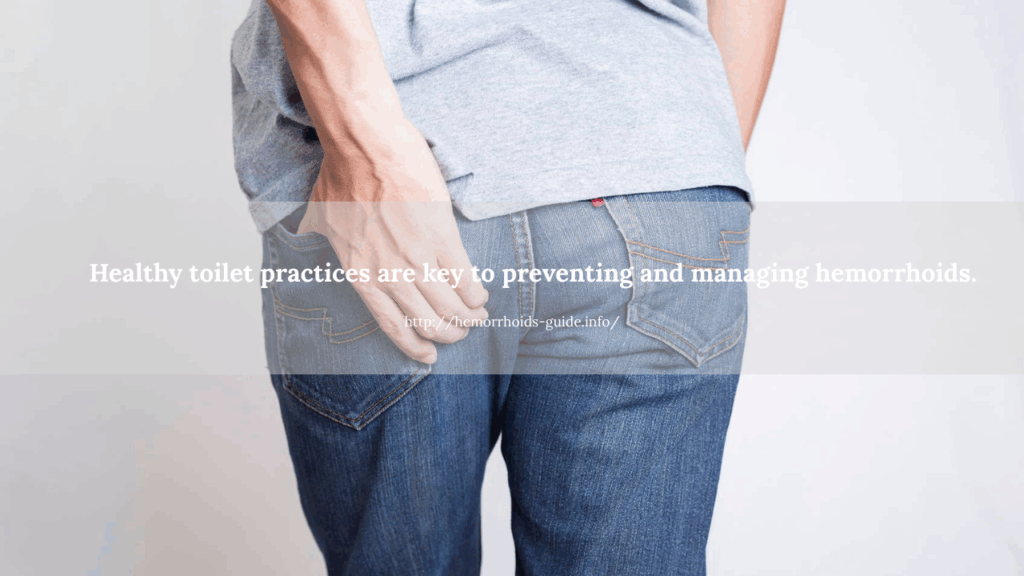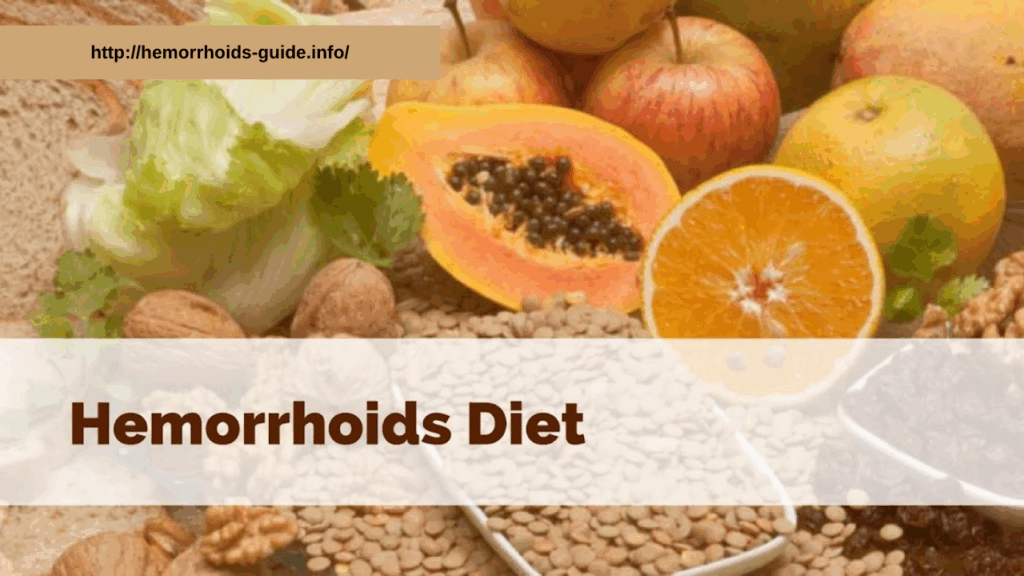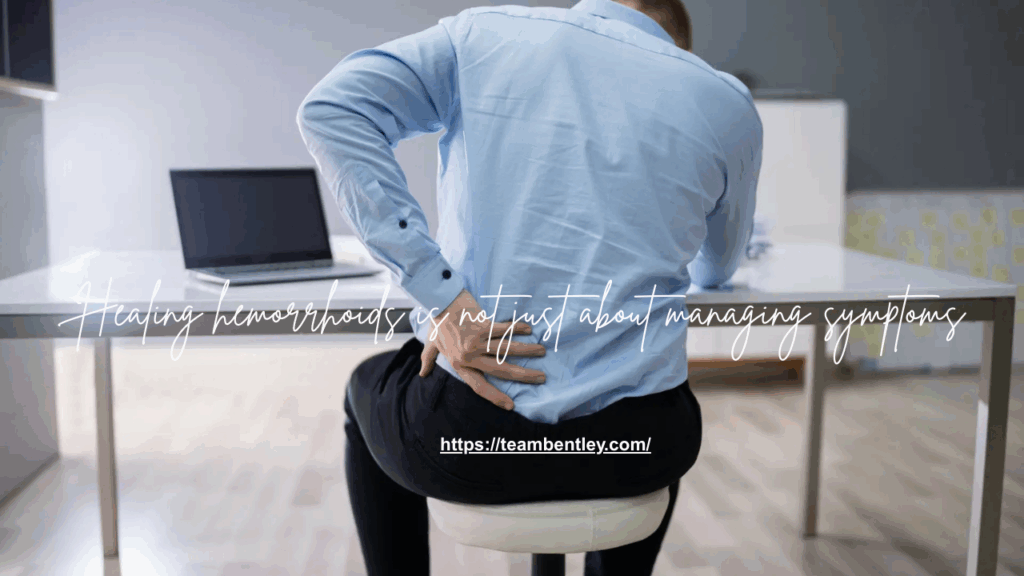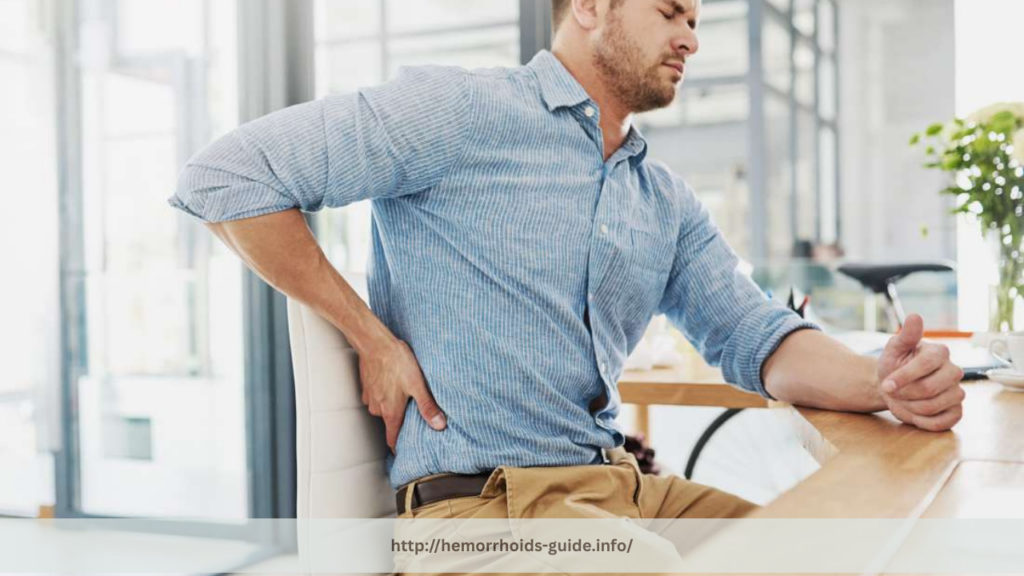Living with hemorrhoids can feel overwhelming, especially when pain and discomfort begin to affect your emotional health, focus, and daily routines. At Hemorrhoids Guide, we understand that real healing requires more than quick fixes. It requires compassion, structure, and a whole person approach. Just like addiction recovery and mental health treatment, lasting relief from hemorrhoids is built through consistency, patience, and practical lifestyle strategies that support both body and mind.
A Holistic Approach to Hemorrhoids Rescue
Hemorrhoids often develop due to chronic constipation, prolonged sitting, dehydration, and repeated strain. Unfortunately, many people feel embarrassed or avoid seeking help. In recovery care, we know that shame and silence delay healing. In the same way, addressing hemorrhoids openly and confidently allows individuals to take back control. A holistic rescue approach focuses on daily habits, emotional well being, and spiritual grounding, not just symptom relief.
Healing Through Nutrition and Hydration
Build a Fiber Foundation
A fiber rich diet is one of the most effective ways to relieve hemorrhoid symptoms. Fiber softens the stool and reduces pressure on sensitive veins. Add whole grains, leafy greens, berries, beans, lentils, and seeds to your daily meals. In recovery work, we emphasize nutrition as a pillar of mental clarity and emotional balance. The same principle applies here.
Prioritize Consistent Hydration
Water supports digestion and prevents hard stools. Aim to drink water steadily throughout the day. Herbal teas can provide comfort during stressful moments and support relaxation. Proper hydration improves physical comfort while also strengthening focus and mood.
Gentle Movement That Supports Healing
Movement is an essential part of recovery and physical wellness. Gentle activities such as walking, stretching, and light yoga improve circulation and digestion while reducing inflammation. Long periods of sitting increase pressure and slow healing. Even ten to fifteen minutes of movement several times a day can create noticeable improvement in comfort and overall mental health.
Daily Bathroom Practices That Reduce Pain
Listen to Your Body
Never ignore the urge to use the bathroom. Delaying bowel movements hardens stool and increases pain. This is similar to delaying emotional care in recovery. Early response prevents bigger problems later.
Use Proper Positioning
A small footstool can align the body in a more natural position during bowel movements. This simple shift decreases strain and pressure on the affected area.
Clean Gently
Avoid rough toilet paper or scented wipes. Soft, fragrance free cleansing helps reduce inflammation and protect sensitive skin.
Faith Based and Mindful Comfort Strategies
Healing includes the spiritual and emotional layers of care. Warm sitz baths relax the muscles and improve circulation. Cold compresses help reduce swelling. Breathing exercises, prayer, and quiet reflection can calm the nervous system and reduce stress related flare ups. This mirrors the same compassionate structure used in both inpatient and outpatient recovery care.
Individualized Care That Gets Real Results
Every person experiences discomfort differently. At Hemorrhoids Guide, we believe in individualized care just as we do with addiction and mental health treatment. What works for one person may need adjustment for another. A client centered mindset allows real progress and sustainable healing.
Your Path from Pain to Peace Starts Here
You do not have to live in constant discomfort. Practical hemorrhoids rescue strategies truly work when they are built into your daily routine with compassion and consistency. Healing is not about perfection. It is about progress and support.
If you are struggling with physical discomfort, emotional stress, or the weight of recovery, we are here to help. Reach out today and let Hemorrhoids Guide walk with you toward relief, peace, and restored confidence.
